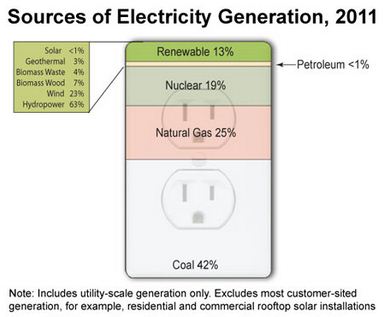Bailout Cost
SEARCH BLOG: BAILOUT
Bill and I talked yesterday about the "bailout" and things economic. He wanted to know what I thought. What I think is this: the bailout strategy is confusion by obfuscation. A lot is spoken and little is said.
Some basic questions:
- What is the real nature of the problem?
- How much is really being spent to address that problem?
- Who gets the money?
- How is it spent?
- Who administers the bailout funds?
- What are the administrative costs?
- What other expenditures are attached to the bailout?
- How does it address the problem(s)?
- How much are the total expenditures... directly addressing the problem, administrative, costs, unrelated to the problem but tagged on to the bill?
- How much more spending is anticipated beyond the initial expenditures?
- Will any of the bailout be repaid by the recipients?
- How much more in taxes will that cost me?
Meanwhile, Bill sent this email with more information about "what went wrong":
Federal Reserve
http://www.federalreserve.gov/Note recent developments (all actions are not listed here; go to News and Events)
Federal Reserve - News and Events
http://www.federalreserve.gov/newsevents/default.htm The Money Market Investor Funding Facility (MMIFF) news release appears here.
Note the sublink for "Information Regarding Recent Federal Reserve Actions". That's where many of the other financial actions are identified, but that list is far from complete.
Federal Reserve - Information Regarding Recent Federal Reserve Actions
Actions from Sep 7 2008 - Present
http://www.federalreserve.gov/newsevents/recentactions.htm This listing of actions doesn't cover the entire list. You will need to go to the archive for Monetary Policy Releases. Your first effort will walk you back to January 2008. Again, that effort still doesn't cover all actions undertaken. Recall that Fed actions related to this financial crisis kicked in during the fall of 2007 (as I recall). So, change the year in the window to 2007 and hit the Change Year button.
Federal Reserve - Monetary Policy Releases - 2008
http://www.federalreserve.gov/newsevents/press/monetary/ 2008monetary.htm Federal Reserve - Monetary Policy Releases - 2007
http://www.federalreserve.gov/newsevents/press/monetary/ 2007monetary.htm I believe that the list of principal special actions began with the August 10, 2007 announcement that the "Federal Reserve is providing liquidity to facilitate the orderly functioning of financial markets".
Just who is running this insane asylum?

..






